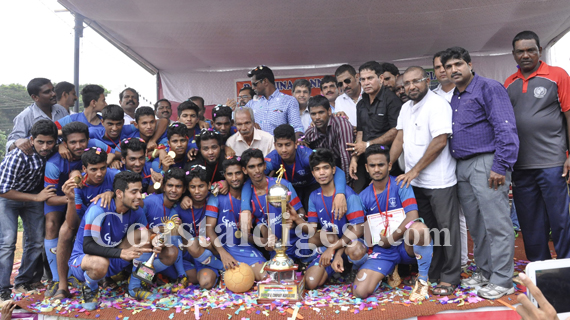
The tournament was organised by Dakshina Kannada District Football Association (DKDFA) at Nehru Maidan.
Rosario college of Mangalore had to play against Meridian College, Ullal in the finals. However, as both the teams were equally good, the match had to be decided in a tie-breaker.
During the tie-breaking penalty shoot-out, Rosario scored four goals, while Meridian scored the first and failed in scoring the second and third.
As a result, Rosario emerged as champions.
In PU section, the final match was between St Aloysius College 'A' team and St Aloysius College 'B' team. In the tie-breaker phase, the 'A' team scored 1 and 'B' failed to score the goal.
In High School Boys level match, St Aloysius and Milagres High School played against one another and Aloysius won with four goals in the tie-breaker and Milagres scored three.
In High School girls Level match, St Joseph team, Bajpe won against Sacred Hearts, Kulashekhar.
In primary school Girls match, Sacred Hearts girls defeated Morning star Bajpe team.
In primary school Boys, Sayed Madani school Ullal defeated the boys of Morning star school.
Valedictory
The winning and runner teams were feted in the valedictory by the District-in-charge Minister B Ramanath Rai.
Speaking on the occasion, Raman Vijayan former player of National Football Team said “Mangalore has got a lot of talent and potential. However, they lack encouragement and guidance. In this regard, players in this regard, would be trained under the Bangalore South United Club”.
Prizes were distributed among the winners of primary and high school teams. The referees and guests were also felicitated on the occasion.
D M Aslam, President of DKDFA submitted a memorandum to the minister urging the development of football ground in Mangalore.
Sadanand Shetty, president of Sports Promoters presided over the ceremony. Vijaynath Vittal Shetty, manging trustee, Bhootanatheshwar temple, Jayaram Hande, chief manager of Karnataka Bank, K.P. Acharya,assistant chief manager of Union Bank of India, corporators including Abdul Latheef, Mohammad Kunjathooru, PIC M. Diwakar, businessmen Shekhar Putran, Manohar Kumar Bengre, Sathish Kumar, Vijay Suvarna, member of Karnataka State Football federation, Abdul Rehman, Nemiraj Bengre former football player, Anil PV treasurer of DKDFA and others were present.
Mohammad Hussain Bolar, secretary of DKDFA welcomed the gathering while Dinesh Karkera proposed the vote of thanks and also compered the programme.
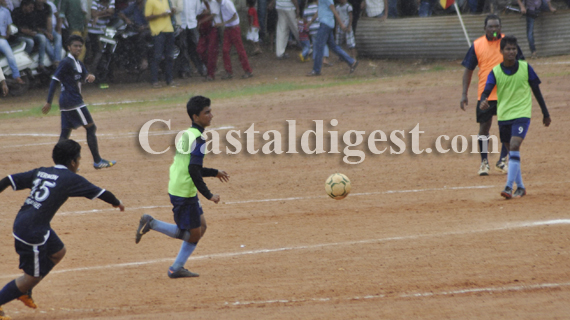
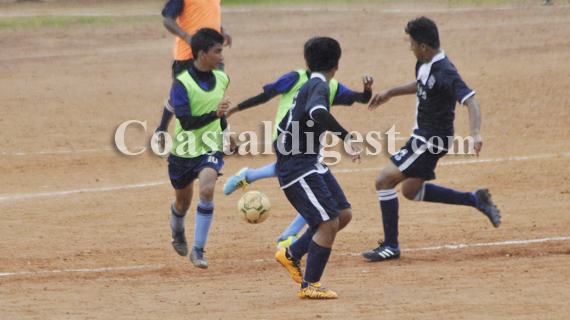
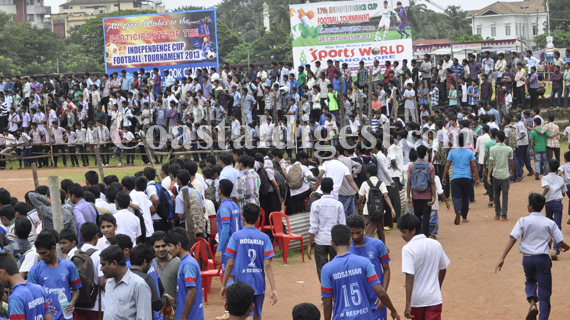
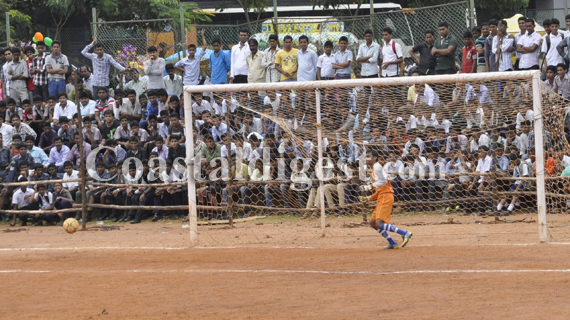
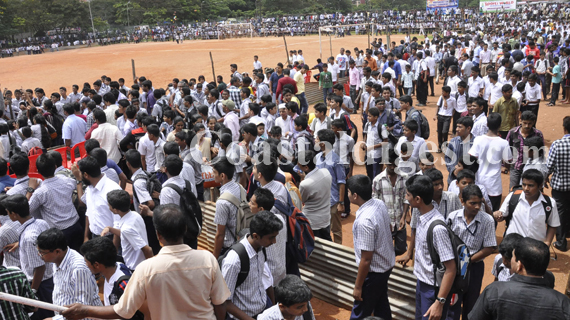
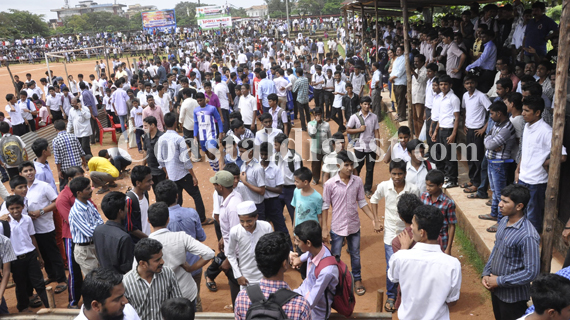
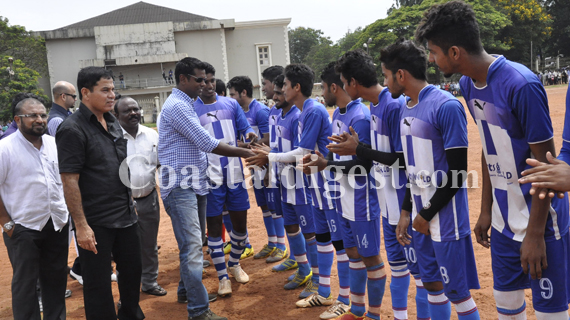
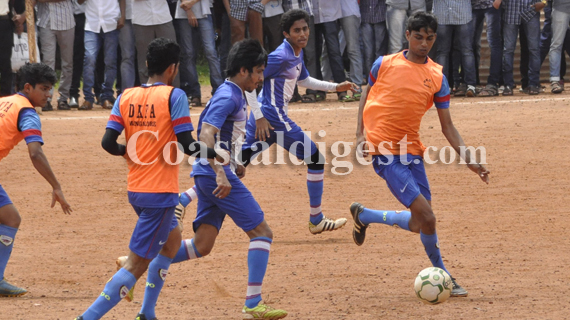
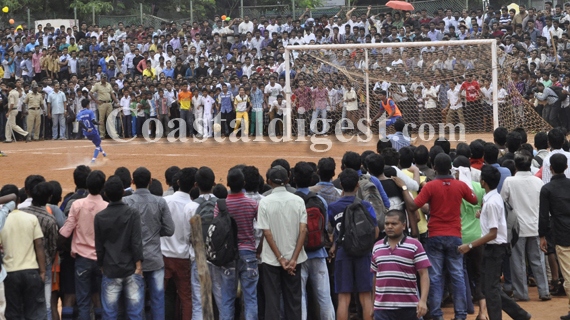
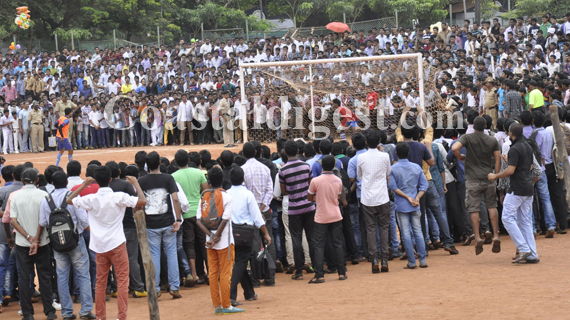
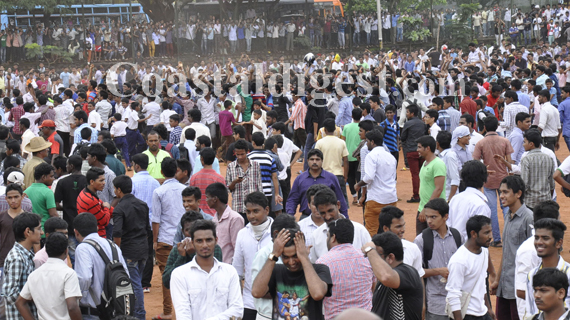
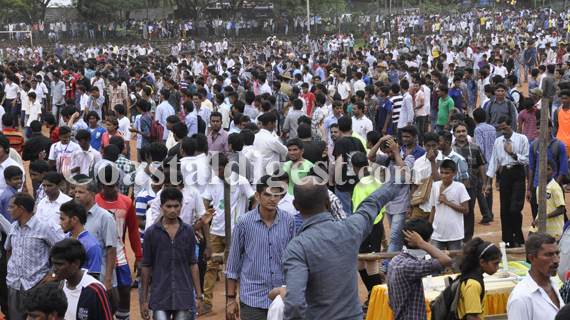
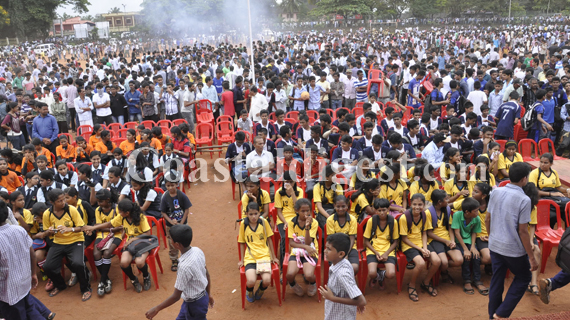
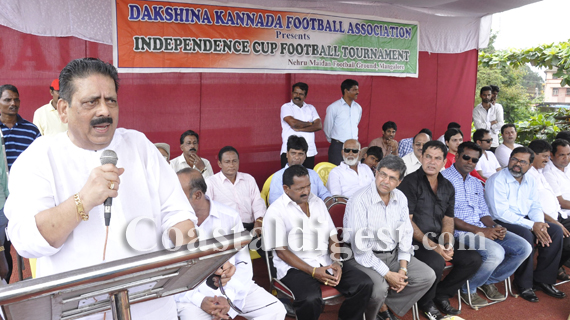
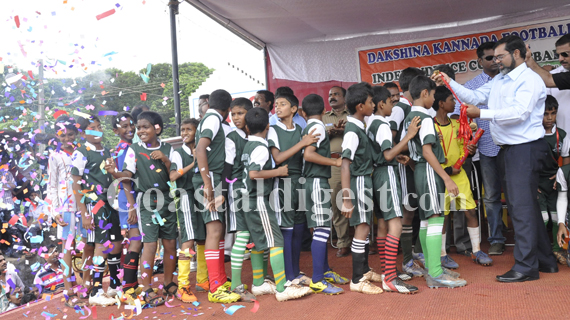
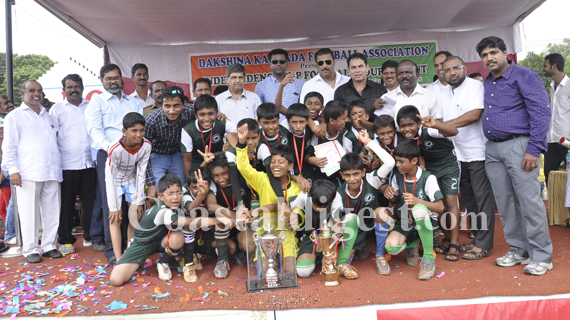
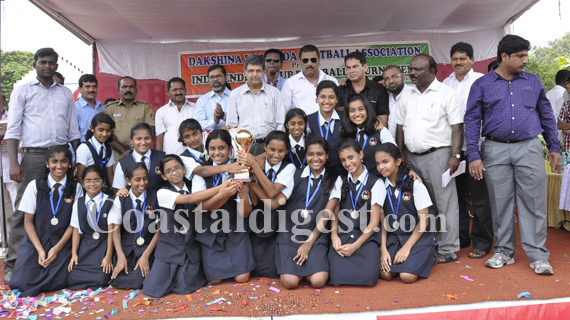
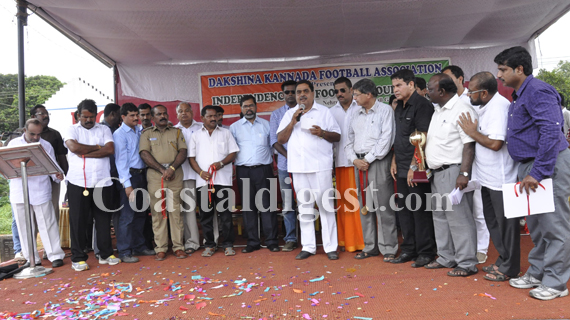
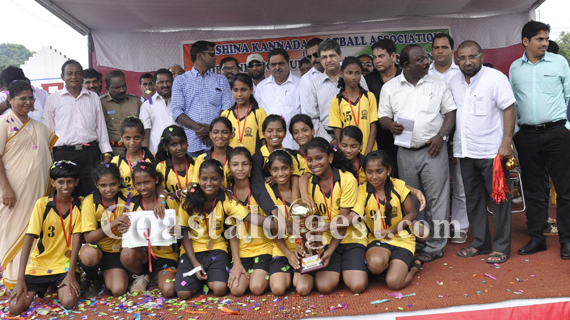
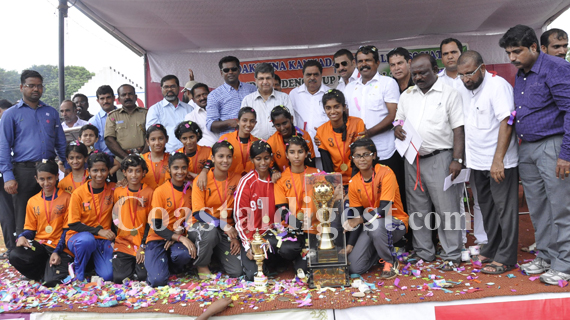
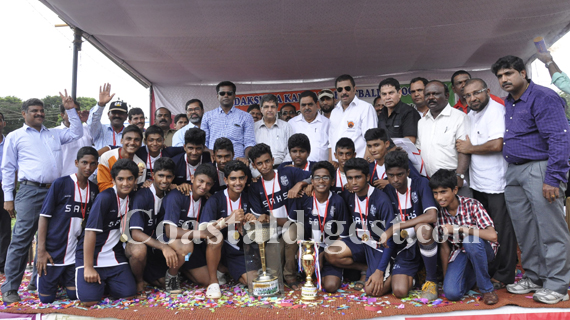
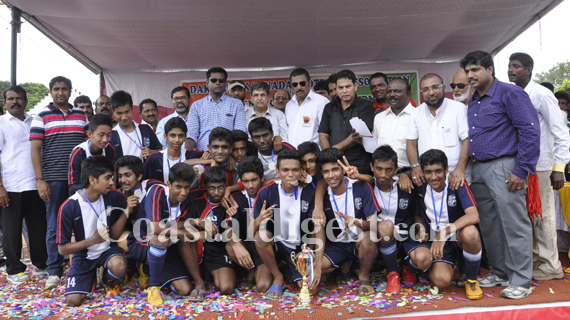
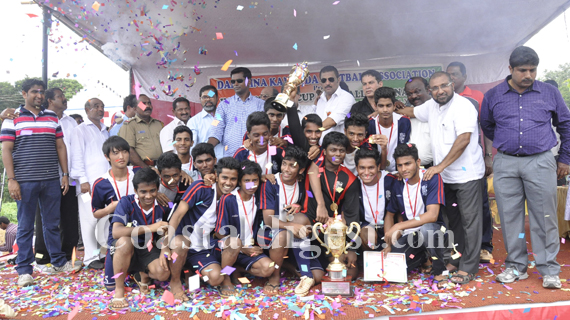





Comments
What i do not realize is in truth how you're no longer actually much more neatly-appreciated than you may be
right now. You are very intelligent. You know thus considerably when it comes to this subject,
produced me in my opinion consider it from numerous numerous angles.
Its like men and women aren't interested unless it is one thing to
accomplish with Woman gaga! Your personal stuffs nice.
Always handle it up!
my blog post how to lose man boobs (Sherrill: http://howtolosemanboobsfast.strikingly.com/)
Add new comment